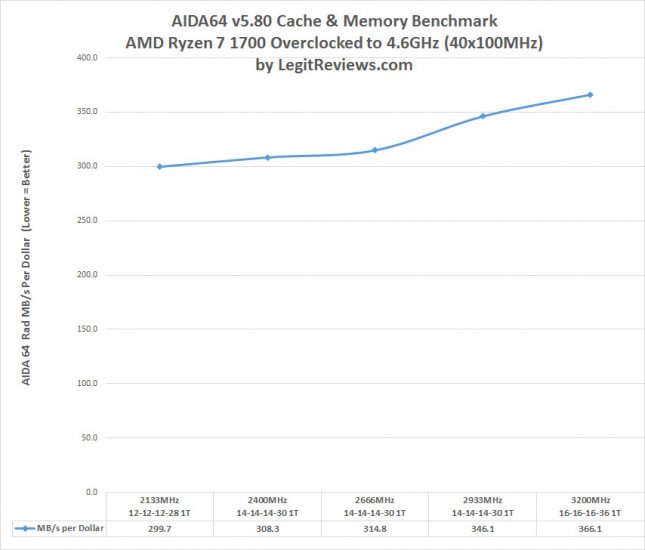With Ryzen, if for whatever reason you can't run your RAM at max (3200MHz) speed, would it actually be better to buy DDR4-3000 CL15 than DDR4-3200 CL16, because both would be running at 2933MHz or less, but the DDR4-3000 CL15 would be running at CL15 while the DDR4-3200 CL16 would be running at CL16?
Or should you be able to set the DDR4-3200 CL16, if it's at <=2933MHz, to run at CL15, and have it run just as easily and stably as if it were at its normal 3200MHz CL16? DDR4-3200 CL16 costs slightly more than DDR4-3000 CL15, which leads me to think it's slightly higher quality memory and that its abilities might be inclusive of what the DDR4-3000 CL15 can do (i.e. the DDR4-3200 CL16 could run equally well at <=2933MHz CL15 as at 3200MHz CL16, since the DDR4-3000 CL15 can do so).. but I have no idea if it actually works that way.
Does anyone know? (Apologies for the noob question... I did try, and Google skills failed me.) Thanks.
Or should you be able to set the DDR4-3200 CL16, if it's at <=2933MHz, to run at CL15, and have it run just as easily and stably as if it were at its normal 3200MHz CL16? DDR4-3200 CL16 costs slightly more than DDR4-3000 CL15, which leads me to think it's slightly higher quality memory and that its abilities might be inclusive of what the DDR4-3000 CL15 can do (i.e. the DDR4-3200 CL16 could run equally well at <=2933MHz CL15 as at 3200MHz CL16, since the DDR4-3000 CL15 can do so).. but I have no idea if it actually works that way.
Does anyone know? (Apologies for the noob question... I did try, and Google skills failed me.) Thanks.



